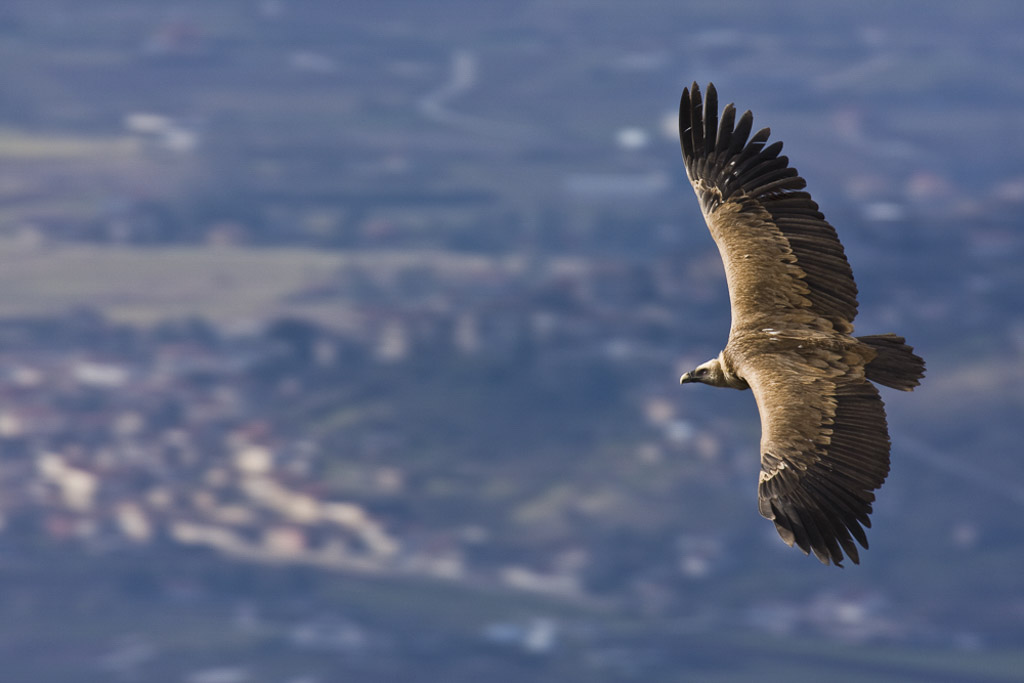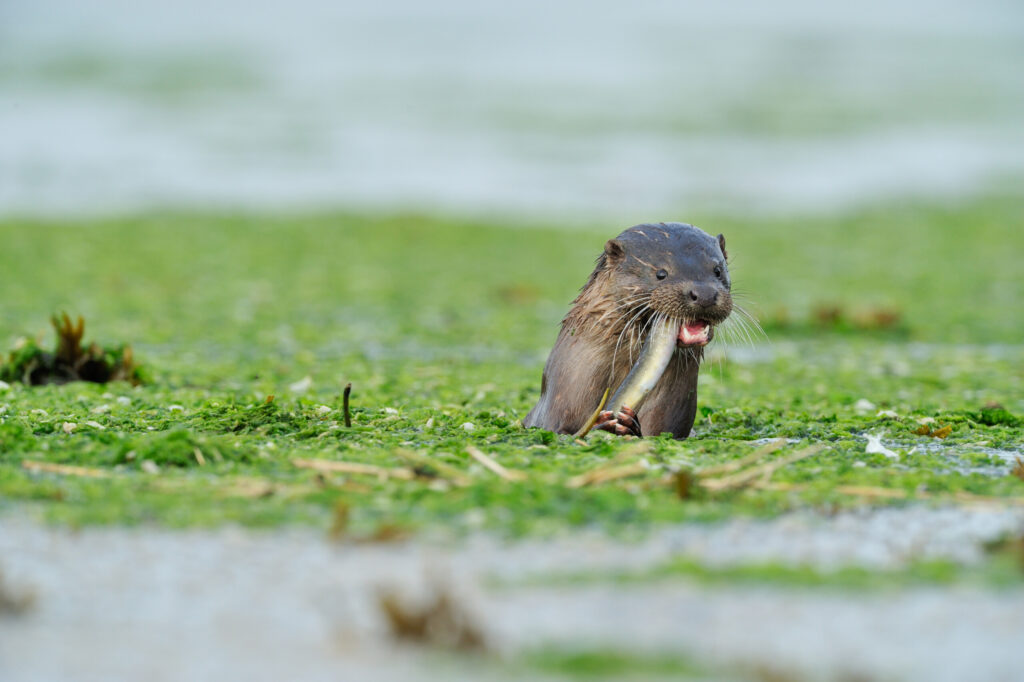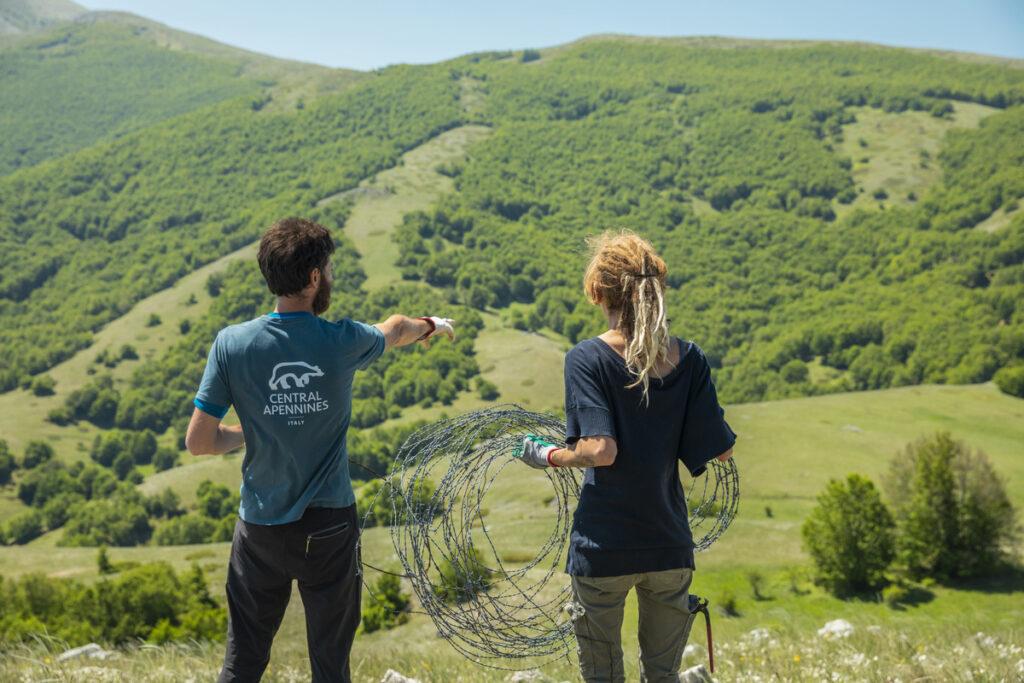The International Union for Conservation of Nature (IUCN) has published the first Guidelines for Rewilding, an international reference document that defines the principles, methods, and objectives for the rewilding of landscapes.
The result of years of work by the Rewilding Thematic Group of the IUCN Commission on Ecosystem Management, these guidelines represent a decisive step towards the recognition of the rewilding approach as an efficient and effective solution to the global climate and biodiversity crises.
Rewilding is described as a “nature-led, human-enabled” process — guided by nature but made possible through conscious human action. Its goal is to restore natural processes, species diversity, and the ecological functionality of landscapes, enabling them to become self-sustaining and resilient with minimal human intervention.

Five Fundamental Guidelines
The IUCN Guidelines for Rewilding identify five key operational directions:
♦ Rewilding as nature-led ecological restoration, aimed at restoring autonomy to natural processes.
♦ Large-scale planning, promoting connectivity between habitats and collaboration across territories and stakeholders.
♦ Ongoing scientific monitoring, to adapt strategies and ensure measurable outcomes.
♦ A systemic and dynamic approach, recognizing the interdependence between ecosystems and human societies.
♦ A participatory and local process, based on community involvement and respect for traditional knowledge.

Shared Vision for Europe and Italy: the Role of Rewilding Europe and Rewilding Apennines
The document highlights the experience of organizations such as Rewilding Europe, which operates across twelve European countries — including Italy through Rewilding Apennines. Representatives from Rewilding Europe contributed to the development of the guidelines, and several projects born from its experience are presented as case studies.
The Central Apennines, with their extraordinary variety of ecosystems, can play a central role in applying the IUCN Guidelines and in experimenting with new forms of coexistence between people and nature.
An Invitation to Read and to Act
The Guidelines for Rewilding are not merely a technical manual, but an invitation to rethink our relationship with nature. They call for a profound cultural shift: to recognize the intrinsic value of ecosystems, the remarkable capacity of nature to regenerate, and the need for active human collaboration in its recovery.
Reading and sharing these guidelines means contributing to a global vision of coexistence, resilience, and hope for the planet’s future.
Read the guidelines here
